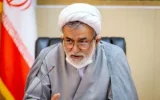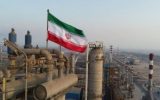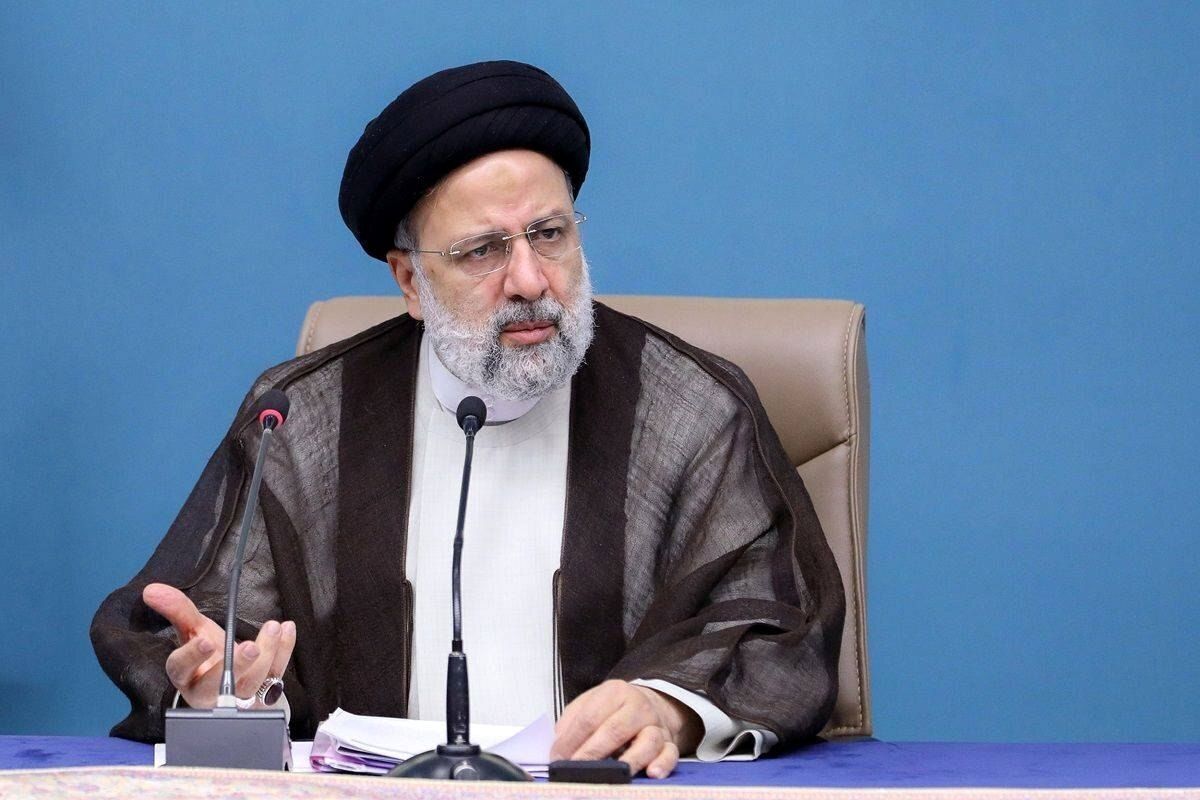
Mismanagement brought petrochemical production to zero
Production in Khorasan, Lordegan, Kermanshah, Zagros, Sabalan, Kimia Pars, and many other urea and methanol petrochemical plants has dropped to zero; why? Because the only prescription of all governments to overcome the gas crisis is to close the gas valve of petrochemical plants.
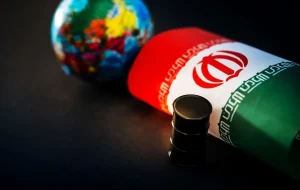
Growth in oil production and exports despite economic recession
Central Bank statistics indicate a 1.1% growth in oil production and exports in the first half of 1404; a growth achieved during an economic recession and alongside a 0.6% decrease in the country's gross domestic product.

The Yellow Dragon’s Addiction to Iranian Oil / Billion-Dollar Savings for Chinese Refineries
Estimates by the Kepler Institute show that China purchased over 80% of Iran's exported oil in 2025, with daily imports averaging around 1.38 million barrels, equivalent to approximately 13% of China's total seaborne oil imports.
آخرین اخبار

Holding the first conference on administrative system health in the oil industry
The first conference on the health of the administrative system in the oil industry will be held tomorrow at the central building of the Ministry of Oil, with the participation of a group of officials from the ministry.

Oil Minister: Iran’s oil sales situation is similar to the pre-snapback era
Oil Minister Mohsen Paknejad provided explanations about the status of Iranian oil sales.
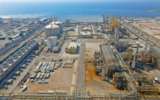
Meet Hengam Petrochemical, Iran’s newest urea producer
Located in the heart of the South Pars energy region, Hengem Petrochemical has not only become one of the largest producers of ammonia and urea in the country, but also, with the completion of its new phases, is ready to play a more important role in Iran's food security and foreign exchange earnings.
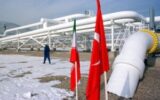
Ankara’s cold winter; Iranian and Turkmen gas in the crosshairs of sanctions
While Recep Tayyip Erdogan traveled to Ashgabat to participate in celebrations of the 30th anniversary of Turkmenistan's neutrality, US and EU sanctions have cast a heavy shadow over Turkey's efforts to increase gas imports from Iran and launch a swap agreement with Turkmenistan; an agreement that was abruptly halted after several successful months, leaving Turkey's future winter energy supply uncertain.

Revitalization and increase in production of South Azadegan wells by Petropars Group
In order to increase production and revive old wells in the South Azadegan Joint Field, Petropars Group, as a capable arm of the Ministry of Oil and utilizing the expertise of domestic forces, simultaneously with the arrival of downhole pumps (ESP) along with ancillary equipment, brought the mobile drilling rig (Truck Mounted Rig) into the operational area without any delay so that the pump driving operation can begin in the coming days.

The University of Petroleum Industry launched clinics to fix defects in wells and fields
Emphasizing the key role of research in self-sufficiency and increasing the productivity of the oil industry, the president of the Petroleum Industry University announced the launch of specialized clinics to fix defects in wells and oil fields and develop technologies to the commercialization stage.
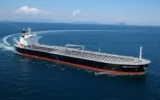
The dark fleet of Iran, Russia and Venezuela has reached nearly 1,000 ships
Bloomberg reported in a new report that nearly 978 tankers are operating in the so-called “dark fleet,” a network that supports oil exports from Iran, Venezuela and Russia and accounts for about 19 percent of the global fleet. The data comes as a large tanker was seized near Venezuela, which was previously under U.S. sanctions for its involvement in transporting Iranian oil.
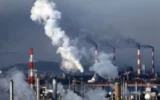
Increased delivery of Euro 4 fuel to power plants; Ministry of Oil moves to reduce emissions
The 14th government's Ministry of Oil has taken a major leap forward in reducing pollution and improving air quality in metropolitan areas through a series of coordinated measures, including an unprecedented increase in the production and delivery of Euro 4 oil and gas to power plants, the full supply of standard fuel in Tehran, the production of low-sulfur furnace oil, and the acceleration of the plan to develop dual-fuel vehicles.

Announcement from the National Iranian Petroleum Distribution Company regarding the public call for converting gasoline vehicles to dual-fuel LPG and CNG
The National Petroleum Products Distribution Company issued a call for proposals to diversify the fuel portfolio and develop clean fuels such as LPG and CNG.

South Pars daily production reaches record 722 million cubic meters
Announcing a new record in the production of rich gas from the South Pars Joint Field, the CEO of Pars Oil and Gas Company said: "The daily production of this field reached its highest level, reaching 722 million cubic meters; a figure that represents a significant leap in the sustainability of the country's gas supply."

